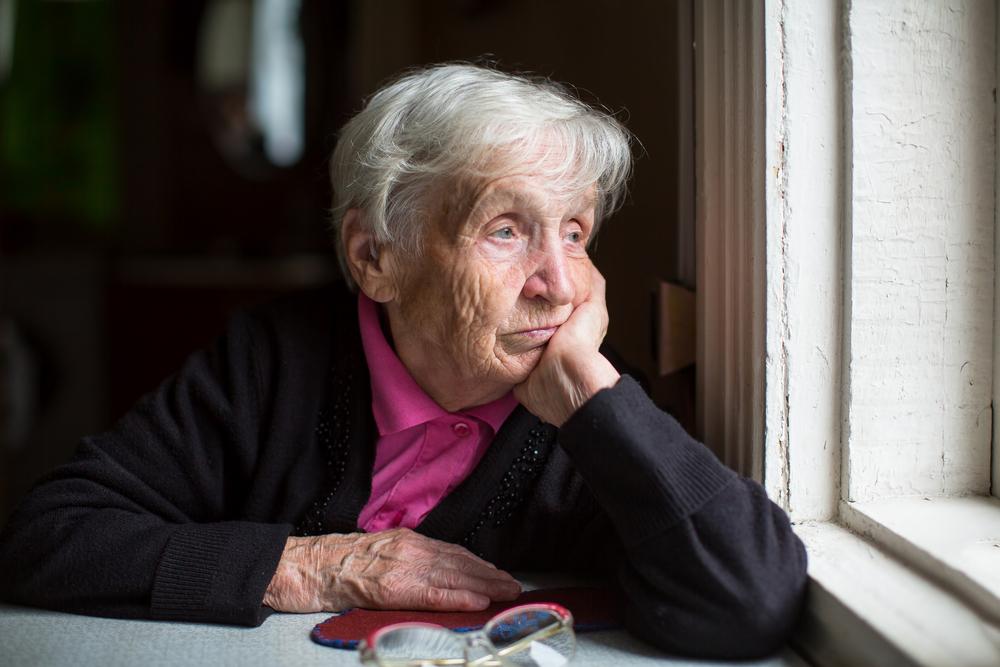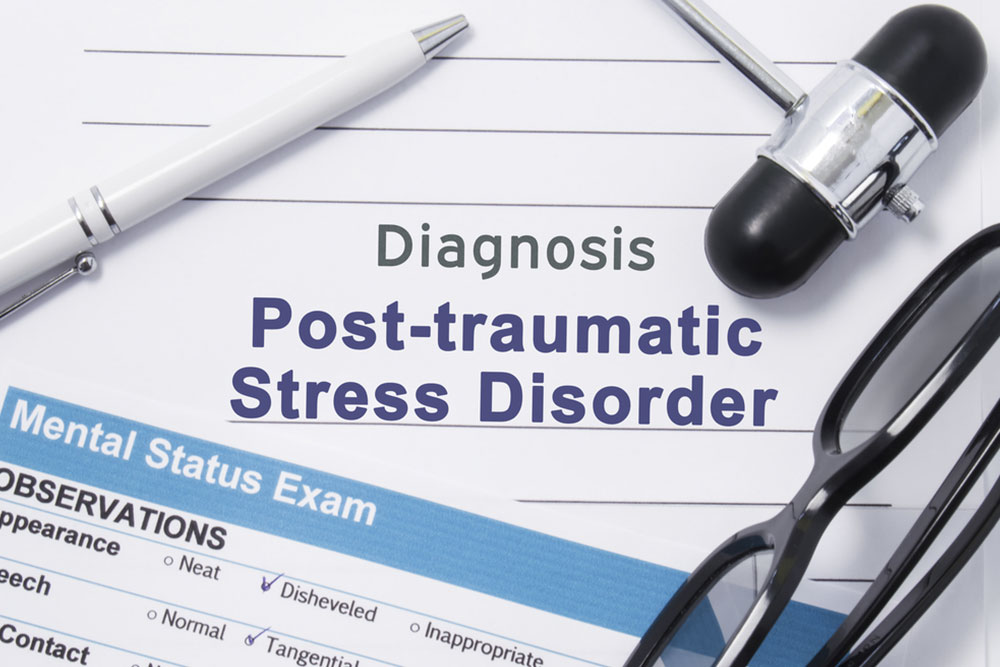Strategies to Prevent Depression and Suicide Among Elderly Populations
This comprehensive article explores strategies to prevent depression and suicide among seniors. It discusses the importance of emotional support, early detection, and community-based interventions, emphasizing the need for awareness and proactive care to improve mental health outcomes for older adults. Practical steps for families and healthcare providers are also highlighted to address this growing societal concern effectively.

Strategies to Prevent Depression and Suicide Among Elderly Populations
As global life expectancy continues to rise and quality of life improves, the proportion of seniors within the population is expanding rapidly. While this demographic shift highlights advancements in healthcare and overall living standards, it also presents significant societal challenges, particularly in terms of mental health support for older adults. Despite technological progress and social development, many elderly individuals face growing issues of loneliness, social isolation, and mental health struggles, which often go unnoticed or unaddressed. These issues are exacerbated by modern family structures, where nuclear families are more common, leaving seniors more vulnerable to feelings of abandonment and disconnectedness. Interestingly, while social media platforms are designed to foster connection, for many seniors, these tools can sometimes deepen the sense of alienation due to a lack of genuine engagement. This disconnect contributes significantly to the increasing prevalence of depression and suicide among seniors, making it critical to develop targeted strategies for prevention and intervention.
Older adults tend to depend heavily on social and emotional support due to changes in health, mobility, and social roles. When these emotional needs are unmet, seniors are more likely to experience feelings of loneliness and emotional distress. Such unmet needs can lead to mood disorders, including depression, especially when feelings of dependence become frustrating or stigmatizing.
Understanding the Impact of Unmet Emotional Needs
Human beings are inherently emotional creatures. Emotional fulfillment is a vital component of mental well-being. When these needs are neglected or unmet, it can cause significant psychological distress. For seniors, loneliness and persistent feelings of social disconnection can impair cognitive functions, heighten mood swings, and contribute to the onset of depression. Dependence on caregivers or family members, if not managed sensitively, can intensify feelings of helplessness and frustration, further increasing mental health risks.
The Challenges of Recognizing Depression in the Elderly
Diagnosing depression in older adults presents unique challenges. Depression is often under-recognized because its symptoms can be subtle, atypical, or mistaken for normal aging processes. Many elderly individuals may find it difficult to articulate their emotional struggles or may consider their feelings as just part of aging, leading to underreporting. Lack of awareness among caregivers and healthcare providers further complicates early identification and intervention.
The Consequences of Untreated Depression
Left unaddressed, depression in seniors can have serious repercussions. It can foster feelings of hopelessness, diminish quality of life, and increase the risk of suicidal thoughts and behaviors. Alarmingly, many elderly individuals are unaware they are suffering from depression or hesitant to seek help due to stigma, fear, or lack of access to mental health services. These barriers underscore the importance of proactive mental health screening and community-based support initiatives.
Effective Strategies for Prevention and Management
Addressing depression and suicide risks among seniors requires a comprehensive, multifaceted approach. Several strategies can significantly mitigate these risks, including:
Raising awareness among families about the importance of mental health in the elderly and encouraging open dialogues about emotional well-being.
Empowering seniors to recognize early symptoms of depression and seek timely professional help.
Promoting societal acceptance and understanding of mental health issues facing older adults to reduce stigma.
Implementing regular depression screening programs in healthcare settings catering to seniors.
Integrating mental health assessments into routine health checkups for older adults.
Establishing dedicated helplines and counseling services tailored for elderly mental health needs.
Providing training for healthcare providers and caregivers to identify early signs of depression and suicidal tendencies.
Detecting Depression and Identifying Warning Signs
Early detection plays a crucial role in preventing tragic outcomes. Caregivers and family members should be attentive to behavioral changes such as pervasive sadness, social withdrawal, loss of interest in activities, talking about death or dying, or hallucinations involving deceased loved ones. Other indicators include prolonged silence, expressions of hopelessness, significant weight or sleep changes, and a decline in personal hygiene. Recognizing these signs promptly allows for intervention before the situation worsens.
Steps to Take if Depression or Suicidal Thoughts Are Suspected
If you notice any warning signs of depression or suicidal ideation in an elderly individual, it is imperative to seek immediate help from mental health professionals. Professional counseling, medical treatment, community support, and lifestyle modifications—such as encouraging engagement in meaningful activities, physical exercise, and social interaction—can greatly reduce depression and the associated risk of suicide. Creating a supportive environment and fostering open communication provides seniors with the safe space they need to express their feelings and seek help without fear or shame.




